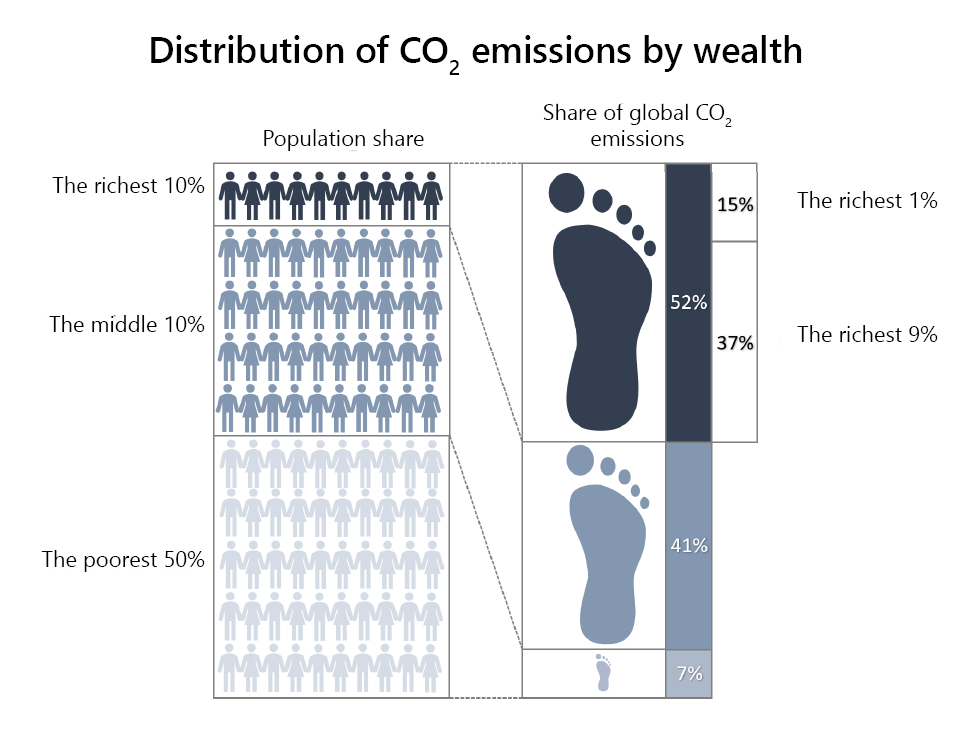Why are we hiking against the WEF?
At the WEF, decisions are made by an elite circle that have an impact on all our lives. Even if they claim to be future-oriented, sustainable and social, one thing is at the forefront of all these decisions: their own interests. And the interests of a few super-rich people and political representatives selected by the WEF are not the interests of the general public.
What is the World Economic Forum (WEF)?
The World Economic Forum (WEF) is a circle that operates far removed from the needs of the general population. The decisions are undemocratic, with poor and disadvantaged sections of the population in particular unable to exert any influence due to the following points.
Exclusive access: Participation in the WEF is usually restricted by membership or a special invitation. Participation in the WEF is also associated with considerable costs for most, including membership fees and participation fees. This limits access for smaller companies or representatives from less affluent countries and populations.
Elite participants: The list of participants includes executives from large multinational companies and political decision-makers selected by the WEF and hardly any representation of other social classes.
Secrecy: Discussions and decisions at the WEF often take place behind closed doors. It is therefore not clear who makes decisions.
“But the WEF also campaigns against poverty and climate change…”
Really? The World Economic Forum has been meeting with the world’s most powerful people for over 50 years. And in their elaborately designed communication campaigns, they present themselves as green and social. But appearances are deceptive. In fact, not only has the income of the richest people increased dramatically, but the profits of international companies have also risen. At the same time, investment has fallen. What does that mean? Profits are no longer invested to promote jobs, training or infrastructure, for example, but to pay dividends or buy back shares. This increases the wealth of the wealthy instead of making a difference in the real economy and in wages, for example. Source: University of Bern - “Inequality” - a concept and its impact
When it comes to emissions, it is also clear that the richest have no serious interest in reducing their own negative impact on the environment. This can be seen in their approach with their private jets, helicopters and luxury cars, but also in their emissions on the environment: the richest one percent is responsible for 15% of all global emissions.
 Picture: Inequality in greenhouse gas emissions based on “The Carbon Inequality Era” and “Carbon Inequality in 2030”.
Picture: Inequality in greenhouse gas emissions based on “The Carbon Inequality Era” and “Carbon Inequality in 2030”.
The commitments made by some companies in the so-called “Davos Manifesto” are therefore superficial PR measures that do not lead to positive changes in terms of environmental protection and social responsibility. At the WEF, self-interest remains the top priority, ahead of global justice.
Our hike - A call for global justice
We stand up for social justice, fight for a world in which everyone has enough to live on and campaign for an economy that puts people’s needs first. We protest for a forum in which everyone can participate and which is committed to all living beings and generations on this planet.
